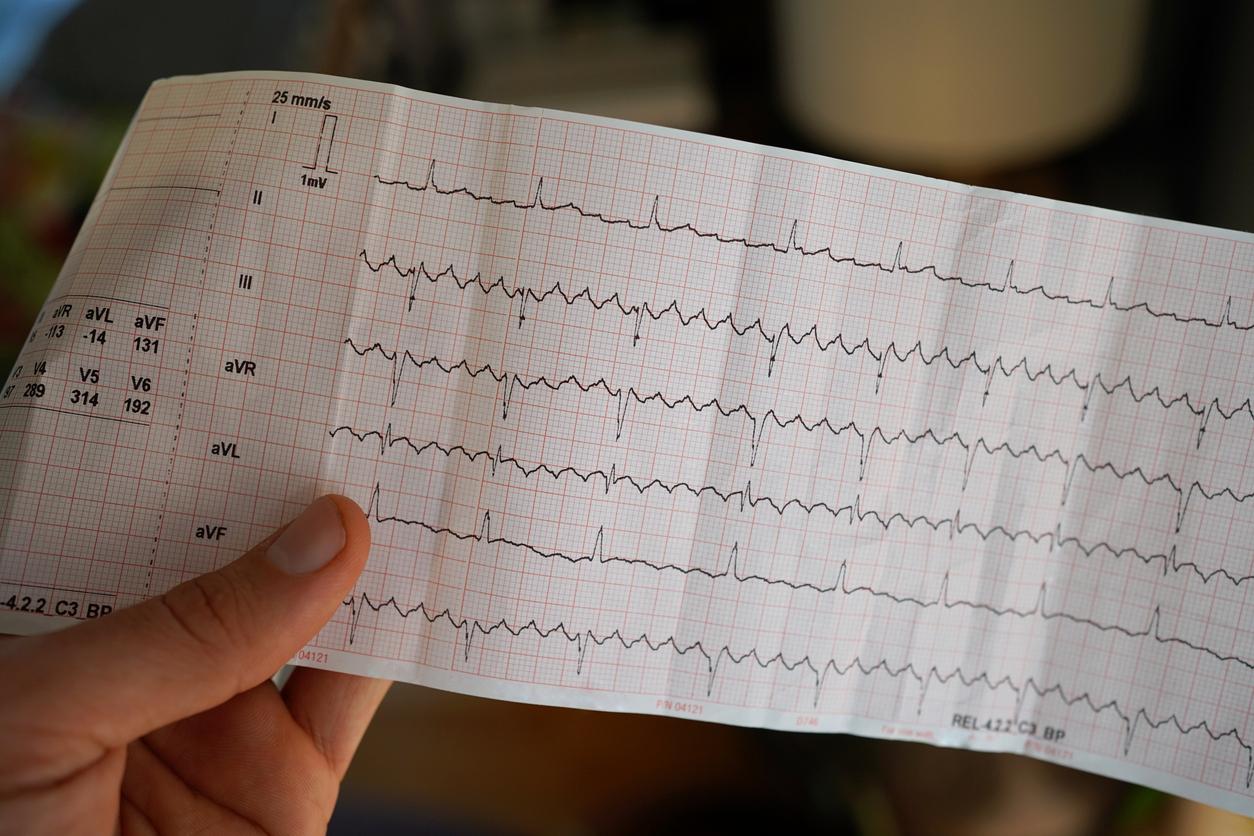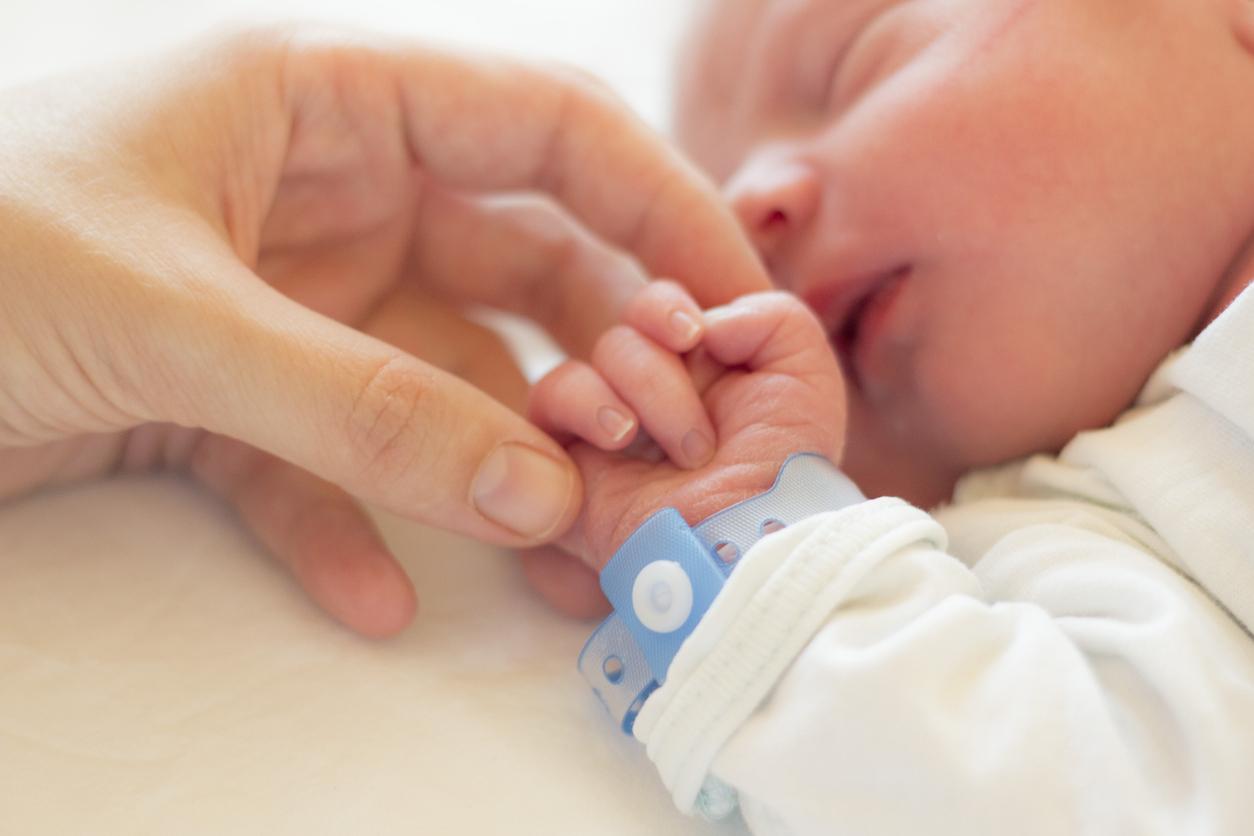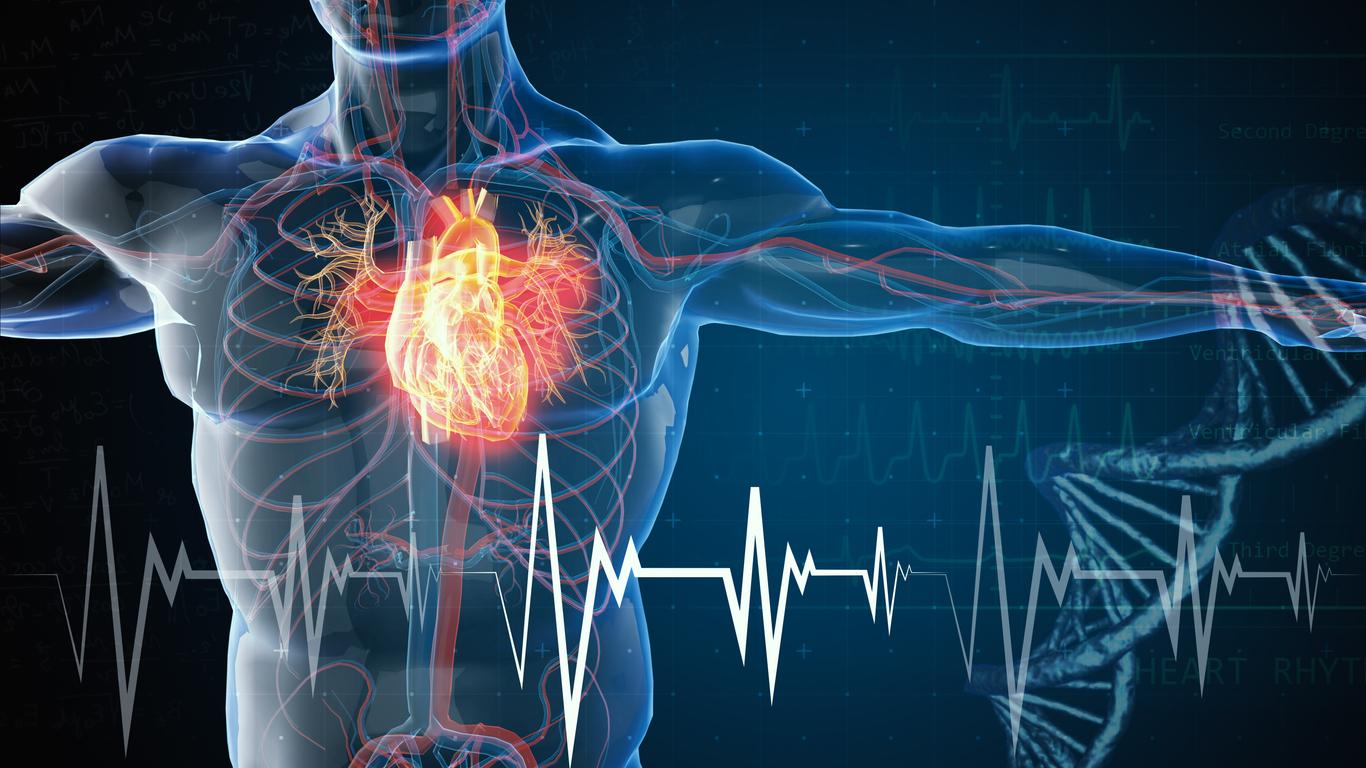A young woman died suddenly in her sleep aged 23, three years after her last episode of unexplained bedwetting. According to doctors, a heart disorder, called “long QT syndrome type 2”, could be the cause of this nocturnal, repeated, involuntary, uncontrollable and unconscious urination.

- Bedwetting, at an age when bladder control is expected, is an understandable cause of emotional stress.
- The main causes of enuresis in patients who are continent are urinary tract infection, anatomical malformations, emotional disturbances, epilepsy, sleep apnea and certain medications.
“We recently learned of a case of a teenage girl who wet the bed. This case ended, tragically, in a sudden nocturnal death,” wrote Israeli doctors in a journal report Heart Rhythm. The patient in question, who was in good health, presented with two episodes of unexplained enuresis which occurred two years apart, at 18 and 20 years of age. “In both situations, she woke up feeling fine, but noticed that she had urinated in bed while sleeping. She had no other symptoms. She was not taking any medications or consuming alcohol. or illicit substances”, practitioners said.
Thus, the young woman decided to consult her doctor. She had to perform urinalysis and an abdominal ultrasound, which revealed nothing abnormal. After each episode of bedwetting, the teenager was on antibiotic therapy for a suspected but unconfirmed urinary tract infection. At the age of 23, she died suddenly in her sleep, three years after she last wet the bed. Her mother turned to Israeli medical professionals for a cardiac evaluation. She said two other family members had died suddenly at a young age.
Long QT syndrome type 2 is thought to be involved
“The mother’s cardiac evaluation was normal except for the electrocardiogram, which showed a prolonged QT interval with T wave morphology suggestive of congenital long QT syndrome type II. Tests confirmed the diagnosis. Finally, genetic evaluation with an expanded panel of arrhythmia and cardiomyopathy genes (including 168 genes) confirmed the diagnosis of congenital long QT syndrome type II by identifying a pathogenic mutation in KCNH2, the gene that, from after the phenotype, must have been responsible for the disease”, can we read in the report.
According to the Heart and Stroke Foundation, long QT syndrome is an abnormality of the electrical system of the heart, which controls heart rate and rhythm. When functioning properly, the heart beats at a normal rate and rhythm. If this is not the case, one suffers from this type of arrhythmia.
A neglect of cardiac arrhythmias as a possible cause of bedwetting
“We were appalled that the possibility of nocturnal arrhythmias as the underlying cause of the enuresis was never considered by the attending physician. We therefore presented the case to an enuresis specialist and also conducted a survey of family doctors who are likely to encounter a case like this”, developed the health professionals who wrote the report. The 346 respondents (102 pediatricians, 73 family physicians, 57 internal medicine specialists, 35 internal medicine residents, 37 interns and 42 medical students) were asked to indicate the diagnostic tests they would carry out in an identical case. to that of Israeli doctors.
According to the results, most physicians surveyed said they perform urinalysis and renal ultrasound after episodes of bedwetting to check for urinary disease. Only 1% offered to perform an electrocardiogram. This result shows that arrhythmia attacks are almost never considered part of the diagnosis of unexplained enuresis.
“We are very surprised and extremely concerned by the lack of awareness among primary care physicians of the possibility of nocturnal arrhythmogenic attacks caused by long QT syndrome. This condition, which is highly fatal when not diagnosed and treated , is easy to detect with an electrocardiogram and responds very well to appropriate treatment”, said Sami Viskin, lead author of the survey, in a statement.
.

















